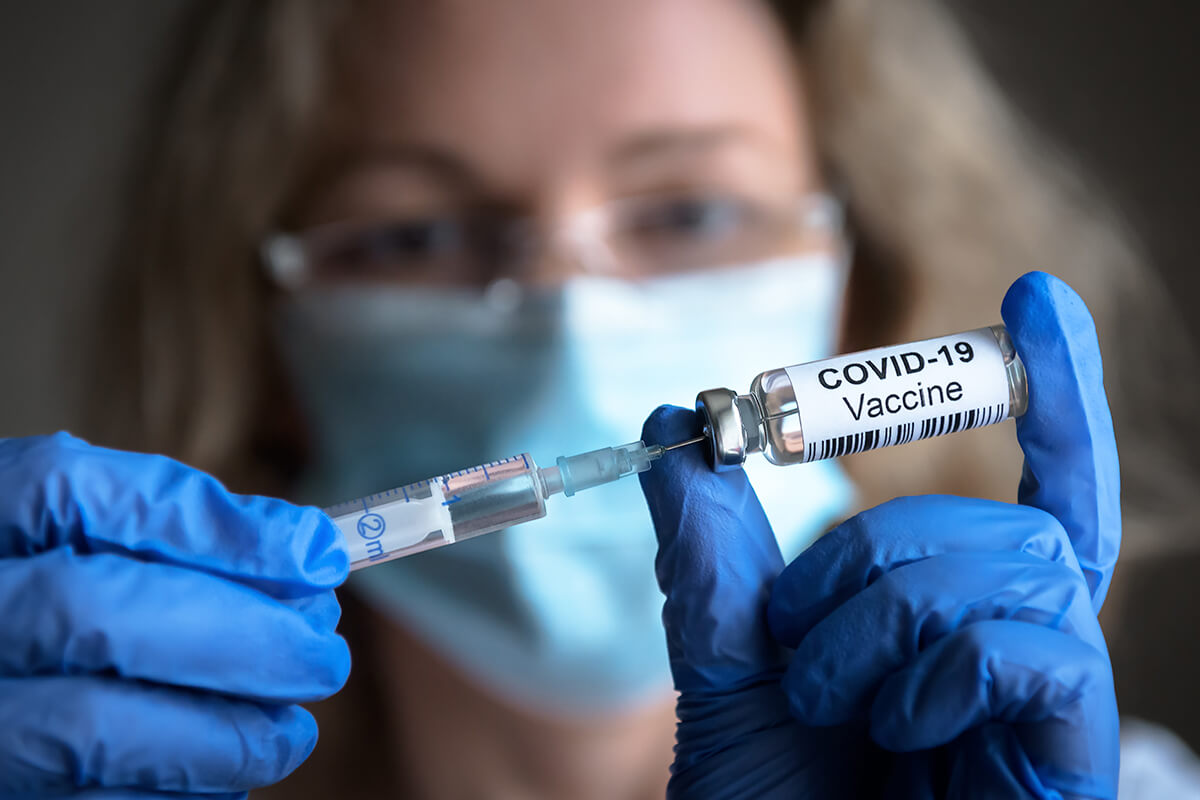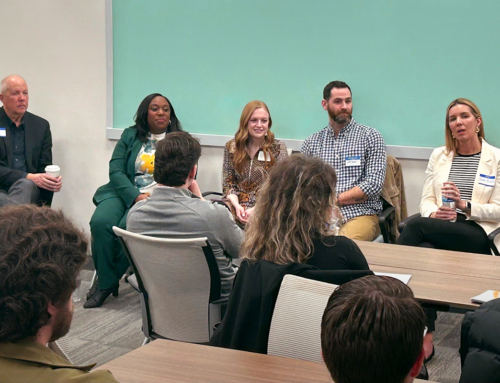As COVID-19 infections, hospitalizations and deaths surge to nearly unimaginable levels, prospects for widely distributed vaccines bring a sense of hope.
COVID is going to get worse before it gets better, but at least now we’re talking about when it will get better.
The next great communications challenge that we face as a country, community or within our families and places of work, is about COVID vaccination. Remember, vaccines won’t stop this pandemic, vaccinations will, and vaccine hesitancy is very real.
That vaccination road is complex. History is very informative. Public education is crucial. Trust is foundational.
A recent (September 2020) article published on Nature.com reviews Anti-vaxxers, a book that reminds readers of the historical precedents to vaccine hesitancy.
Full of analogies from history, the review states, “Vaccination has always been a lightning rod for storms brewing over other problems.” The reviewer adds, “Although the history of vaccination recounts advances in modern science, it is also part of the wider story of society wrestling with the promises and perils of technology.”
Widespread vaccination is months away. It is too early to assess whether today’s political tussles over COVID-19, mask wearing, social distancing and other public health measures will have more or less influence on people’s willingness to be vaccinated.
According to the review of Anti-vaxxers, vaccine skepticism is not just about politics:
“Poverty, and lack of access to social resources and primary care, greatly affect uptake, as do housing insecurity, gender inequity and racism.”
It is also about trust, which makes it about communications. Many experts urge scientists, medical professionals, news media, community leaders and more to communicate more effectively and strategically. Some believe government, whether local, state or national, must fight back against those who openly oppose vaccination.
At Vehr Communications, we agree with Aristotle when he claimed that “nature abhors a vacuum.”
Put differently, in the absence of creative, aggressive and strategic communications addressing the issues of science and trust around the COVID-19 vaccine, anti-vaccination messaging will make this proven public health response to a global pandemic more difficult.
We stand with all of those calling for broad and robust strategic communications programs promoting the COVID-19 vaccines that will soon find their way into our communities.








